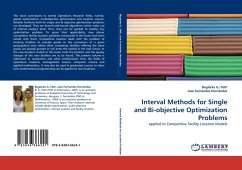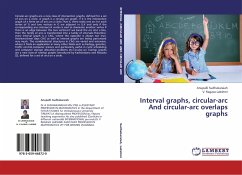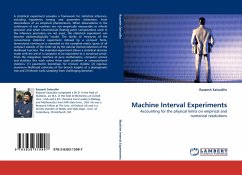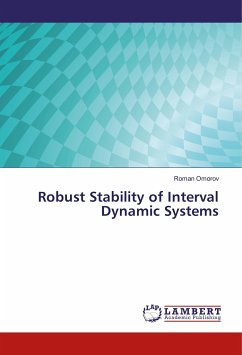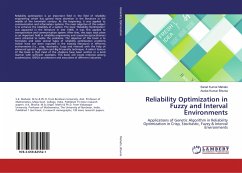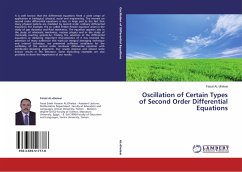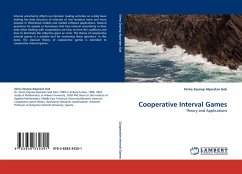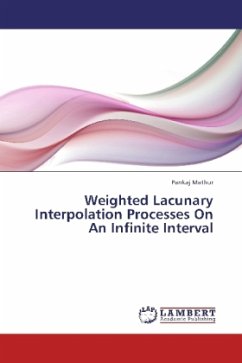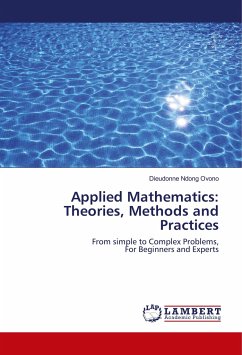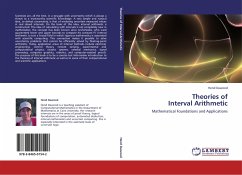
Theories of Interval Arithmetic
Mathematical Foundations and Applications
Versandkostenfrei!
Versandfertig in 6-10 Tagen
39,99 €
inkl. MwSt.

PAYBACK Punkte
20 °P sammeln!
Scientists are, all the time, in a struggle with uncertainty which is always a threat to a trustworthy scientific knowledge. A very simple and natural idea, to defeat uncertainty, is that of enclosing uncertain measured values in real closed intervals. On the basis of this idea, interval arithmetic is constructed. The idea of calculating with intervals is not completely new in mathematics: the concept has been known since Archimedes, who used guaranteed lower and upper bounds to compute his constant Pi. Interval arithmetic is now a broad field in which rigorous mathematics is associated with s...
Scientists are, all the time, in a struggle with uncertainty which is always a threat to a trustworthy scientific knowledge. A very simple and natural idea, to defeat uncertainty, is that of enclosing uncertain measured values in real closed intervals. On the basis of this idea, interval arithmetic is constructed. The idea of calculating with intervals is not completely new in mathematics: the concept has been known since Archimedes, who used guaranteed lower and upper bounds to compute his constant Pi. Interval arithmetic is now a broad field in which rigorous mathematics is associated with scientific computing. This connection makes it possible to solve uncertainty problems that cannot be efficiently solved by floating-point arithmetic. Today, application areas of interval methods include electrical engineering, control theory, remote sensing, experimental and computational physics, chaotic systems, celestial mechanics, signal processing, computer graphics, robotics, and computer-assisted proofs. The purpose of this book is to be a concise but informative introduction to the theories of interval arithmetic as well as to some of their computational and scientific applications.





